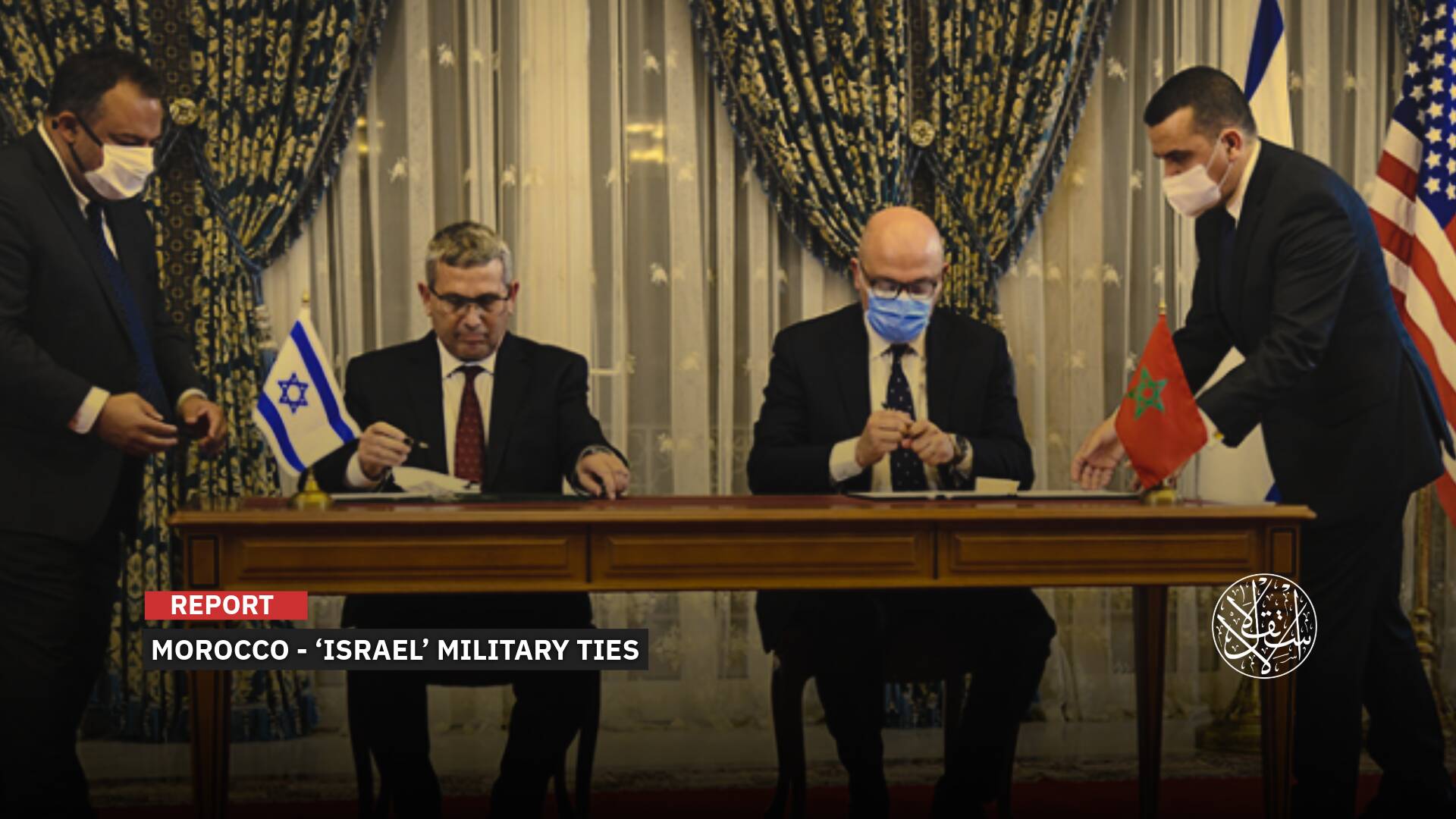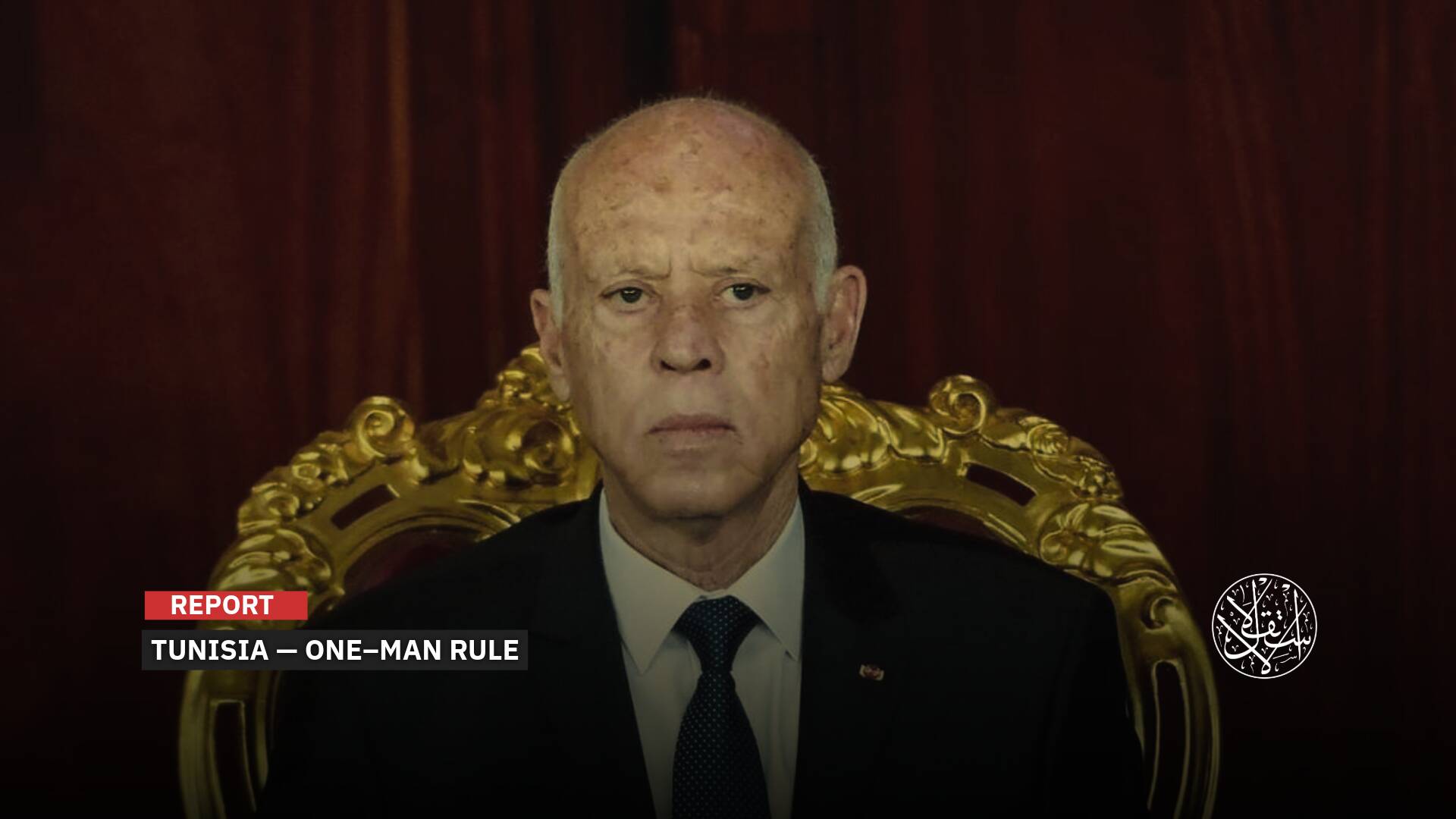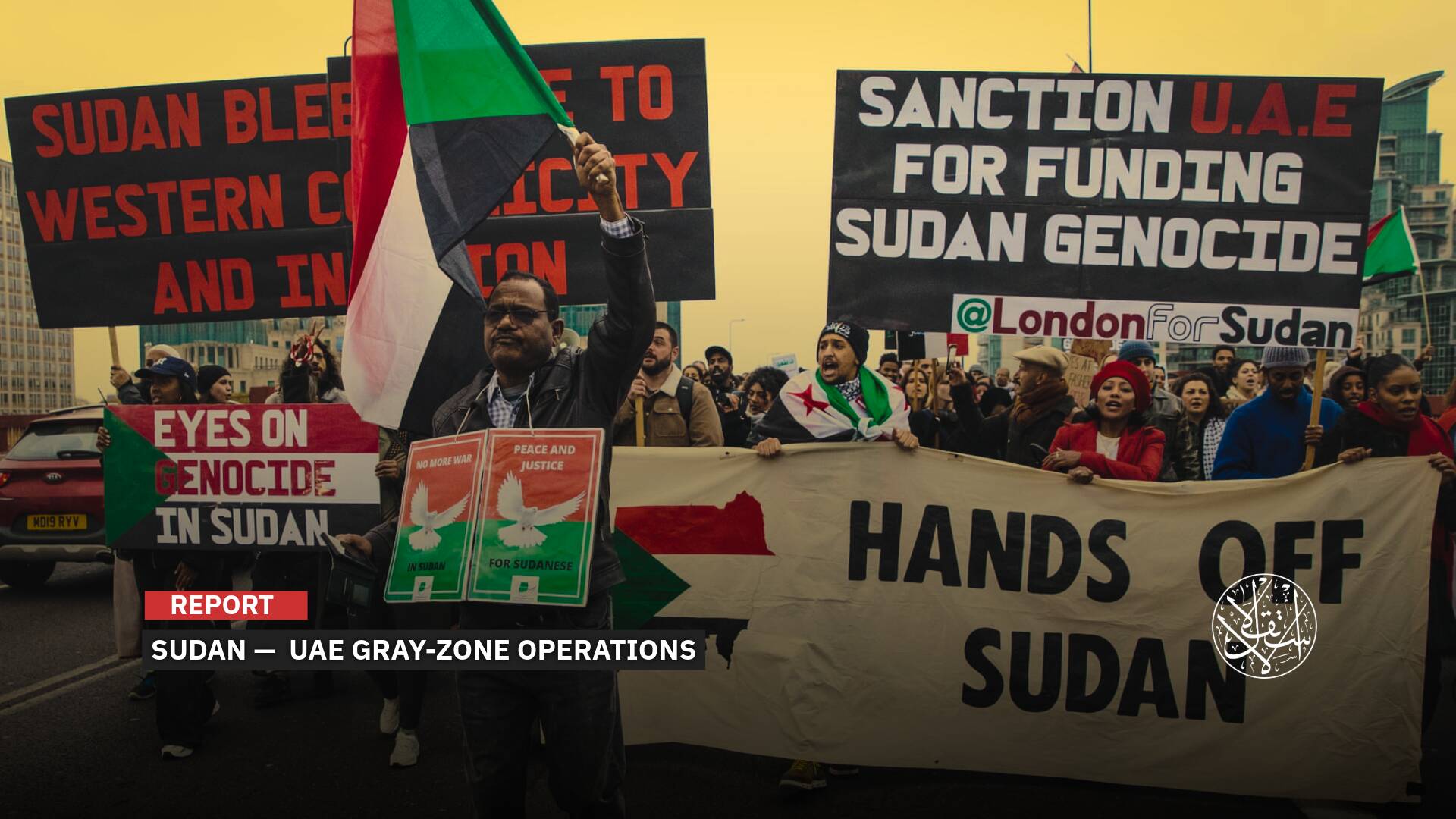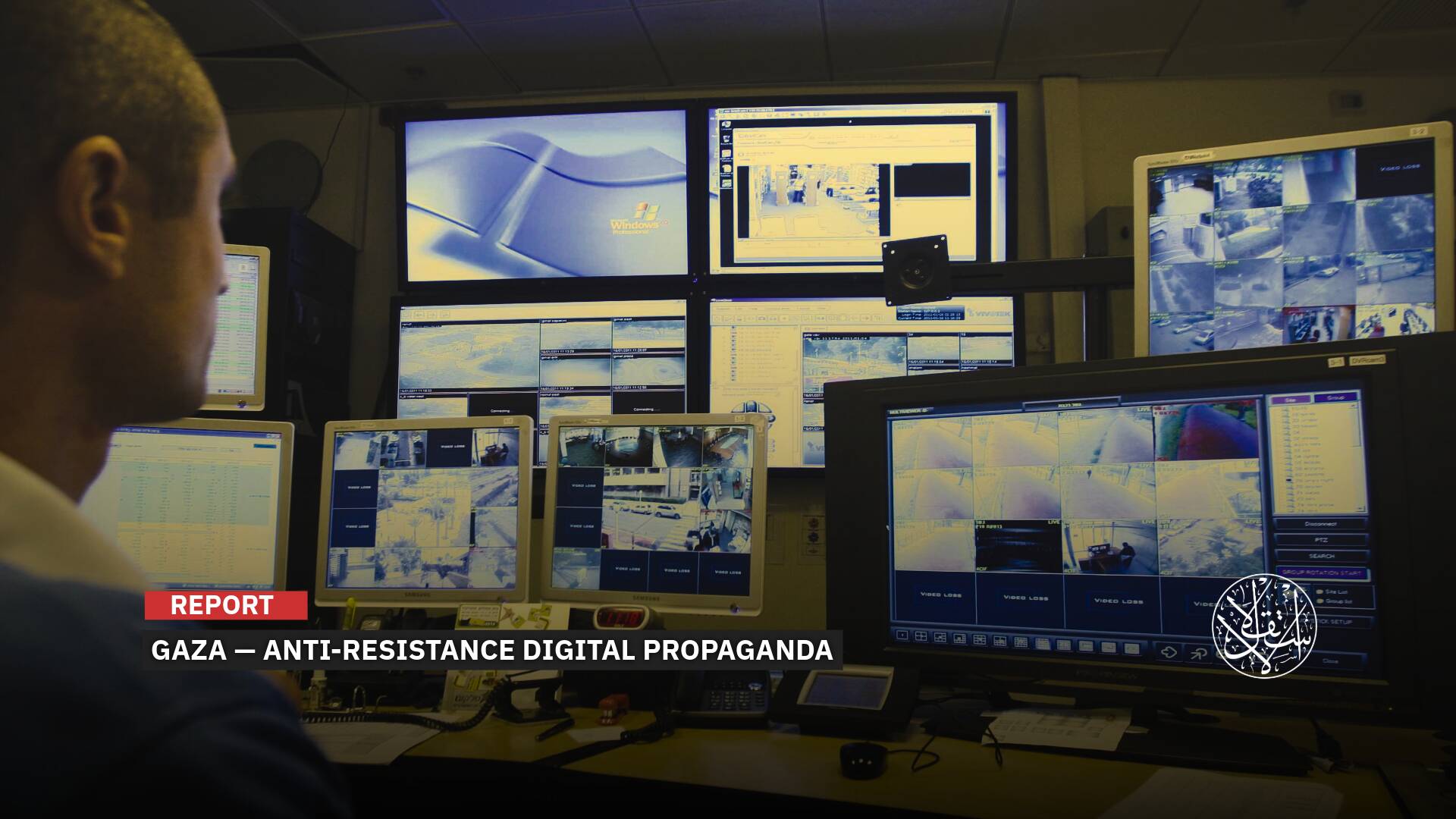What Impact Will the Easing of U.S. Sanctions Have on Syrians' Lives?

“We reiterate our calls for the United States to lift these sanctions.”
The United States has begun reviewing the sanctions imposed on Syria during the regime of Bashar al-Assad, initially focusing on those that hinder the recovery and improvement of Syrians' lives under the new era.
On January 6, 2025, the U.S. Treasury greenlighted a new license, paving the way for expanded activities and transactions with Syria over the next six months.
Easing of Sanctions
The Treasury stated that this additional sanction relief is designed to prevent disruptions to essential services and ensure the smooth functioning of the government across Syria, including access to electricity, energy, water, and sanitation.
In the executive order numbered “24,” the department said the measures build on existing mandates supporting the work of international organizations, NGOs, and humanitarian efforts aimed at stabilizing the region.
The decision does not allow any financial transfers to individuals or entities under sanctions, except for specific transfers allowed for government institutions or service providers in Syria.
The department further noted that, during this transitional period, it would continue to support humanitarian aid and responsible governance in Syria.
However, the Treasury confirmed that it had not lifted the ban on any assets or interests of individuals or entities currently listed on the sanctions list.
The U.S. exemption allows for certain energy-related transactions and personal remittances to Syria until July 7, 2025, though it does not remove any sanctions.

The U.S. move signals some progress in the efforts of Syria's new administration, which took control of the country following the ousting of Bashar al-Assad on December 8, 2024, and formed a transitional government the next day to strengthen international relations.
This shift follows the Assad regime's destruction of the country’s institutions, leaving the Syrian pound in freefall (12,000 pounds to one dollar) and the population grappling with a dire struggle to meet basic needs like food and water.
There is also a critical shortage of services, water, and widespread energy blackouts. While prices have dropped by 60% since Assad's fall, thanks to the end of merchant bribes, household incomes remain insufficient to cover basic needs.
As a result, Syria's new leader, Ahmed al-Sharaa, called on Arab and European delegations in Damascus to lift these sanctions.
Syria's Foreign Minister, Faisal al-Shaibani, has repeatedly appealed for the lifting of sanctions during his visits to Saudi Arabia, Qatar, the UAE, and Jordan. After meeting with Qatar's Deputy Prime Minister and Foreign Minister, Mohammed bin Abdulrahman al-Thani, on January 5, 2025, Shaibani told Qatari media, “These sanctions constitute a barrier and an obstacle to the rapid recovery and development of the Syrian people who await services and partnerships from other countries.”
“We reiterate our calls for the United States to lift these sanctions, which have now become against the Syrian people rather than what they previously were: imposed sanctions on the al-Assad regime.”
Since 2011, Washington has imposed a broad range of sanctions on the Assad regime, its key officials, allies, and economic entities to pressure the government to end its brutal crackdown on the Syrian people, violate human rights, and implement political reforms.
The U.S. also enacted the Caesar Syria Civilian Protection Act on June 17, 2020, targeting those who support or do business with the Syrian regime.
Under the new order, no financial transfers to individuals or entities blacklisted by the U.S. Treasury are permitted.
Experts believe that easing sanctions in multiple sectors across Syria will ultimately contribute to the long-awaited stability, especially as the U.S. decision comes amid relentless efforts by the transitional government to lift sanctions from the country.
However, the international community remains hesitant to fully lift sanctions, with several nations, including the U.S., stating that they are waiting to see the new authorities' approach to governance.
Immediate Benefits
Experts argue that U.S. sanctions have hindered humanitarian operations by cutting off critical funding needed for reconstruction and economic development.
Easing these sanctions at this juncture could have a tangible impact on Syrian citizens' lives, especially in addressing urgent issues like the country's severe electricity crisis.
Currently, most areas of Syria receive only two to three hours of state-provided electricity a day. However, the transitional government plans to increase supply to eight hours per day within the next two months.
Electricity generation stations, transformers, and grid lines need significant rehabilitation to restore the network’s capacity, which has been damaged over the years.
Khaled Abu Di, the general director of Syria’s Electricity Transmission and Distribution Corporation, confirmed that Syria will receive two electricity generation ships from Turkiye and Qatar to boost the limited energy supply due to infrastructure damage during Assad's regime.
On January 7, 2025, Abu Di told SANA, Syria’s official news agency, that the ships will generate 800 megawatts of power, which is equivalent to half of the country’s current output. This will increase the average household's share of electricity by approximately 50%.
This U.S. exemption also facilitates humanitarian organizations' operations, allowing them to work more freely without violating sanctions. This will help provide essential services like electricity, water, energy, and sanitation.

Since Assad's fall, families and humanitarian organizations have been struggling to send money into Syria through safe channels.
Around 90% of Syria’s population lives in extreme poverty, with hundreds of thousands of families barely able to secure basic meals.
In this context, Syrian researcher and head of Economist, Younes Alkarim, emphasized that the U.S. exemptions on sanctions have positive effects on the daily lives of citizens, particularly in making personal remittances easier to send.
Alkarim explained to Al-Estiklal that this means Syrians are no longer reliant on black-market channels that expose them to sanctions for sending money from abroad. This also signals that personal financial transfers within Syria have become much safer.
“Allowing energy resources into Syria is easing the availability of fuel in the country, which will increase supplies and lower prices for citizens. With the ability to import via Syrian ports, sending fuel to cities will become easier and cheaper.”
Regarding electricity, Alkarim noted that the exemptions would help rebuild this sector through donations from Arab countries, meaning Syrians can expect an increase in electricity hours soon.
Injecting Liquidity
Alkarim also noted that the new U.S. exemptions include ambiguous provisions that the transitional government could exploit, such as directing funds from the relief to infrastructure projects like building roads and extending power lines to Jordan, rather than waiting for full sanctions relief to proceed with such essential initiatives.
The economic researcher believes that commitments from Arab countries like Saudi Arabia and Qatar to pay salaries for public employees could help stimulate liquidity in the market, positively affecting the Syrian banking system.
“The U.S. exemptions provide support to Syria's civil society, which aids the current authorities,” he concluded.
It’s worth noting that Syria’s new Minister of Trade, Maher Khalil Hasan, warned on January 6, 2025, that Damascus is unable to make deals for importing fuel, wheat, and other vital goods due to the strict U.S. sanctions, despite the willingness of many countries, including Gulf states, to engage in these transactions.
Hasan told Reuters that the new Syrian administration has gathered enough wheat and fuel for several months, but the country is facing “a catastrophe” if sanctions are not frozen or lifted soon.

The continued imposition of a broad range of Western sanctions is hindering Syria’s economic recovery and preventing its economic engine from revving up.
European sanctions on Syria remain in place, with European officials stating after Assad’s fall that sanctions will only be lifted once the new leaders prove they will protect minorities and include all Syrians in governance.
However, French Foreign Minister Jean-Noel Barrot stated on January 8, 2025, that some sanctions on Syria could be lifted quickly.
The French minister, who visited Damascus alongside German Foreign Minister Annalena Baerbock to meet with the new Syrian administration leader Ahmed al-Sharaa, told France Inter radio station, “There are sanctions targeting Bashar al-Assad and the executioners of his regime, there is clearly no intention to lift these sanctions. Then there are others which currently hinder access to humanitarian aid, which prevent the country's recovery and these could be lifted quickly.”
Reuters reported that three European diplomats, speaking on condition of anonymity, indicated that the European Union aims to approve the lifting of certain sanctions by the time EU foreign ministers meet in Brussels on January 27, 2025.
Two of the sources explained that one goal is to facilitate financial transactions, enabling the flow of funds into Syria, improving air traffic, and easing sanctions targeting the energy sector to enhance supply.
In another positive development for Syria’s new leaders, international flights to Damascus International Airport resumed on January 7, 2025, after they had been suspended following the fall of Assad’s regime.
Sources
- Syria’s foreign minister urges US to lift sanctions during visit to Qatar
- Arab and EU leaders meet in Riyadh to discuss future of Syria
- Some Syria Sanctions 'Could Be Lifted Quickly': French Top Diplomat
- U.S. Treasury Issues Additional Sanctions Relief for Syrian People
- US pauses select restrictions on Syria, offering hope on Western sanctions
- US eases restrictions on Syria while keeping sanctions in place









